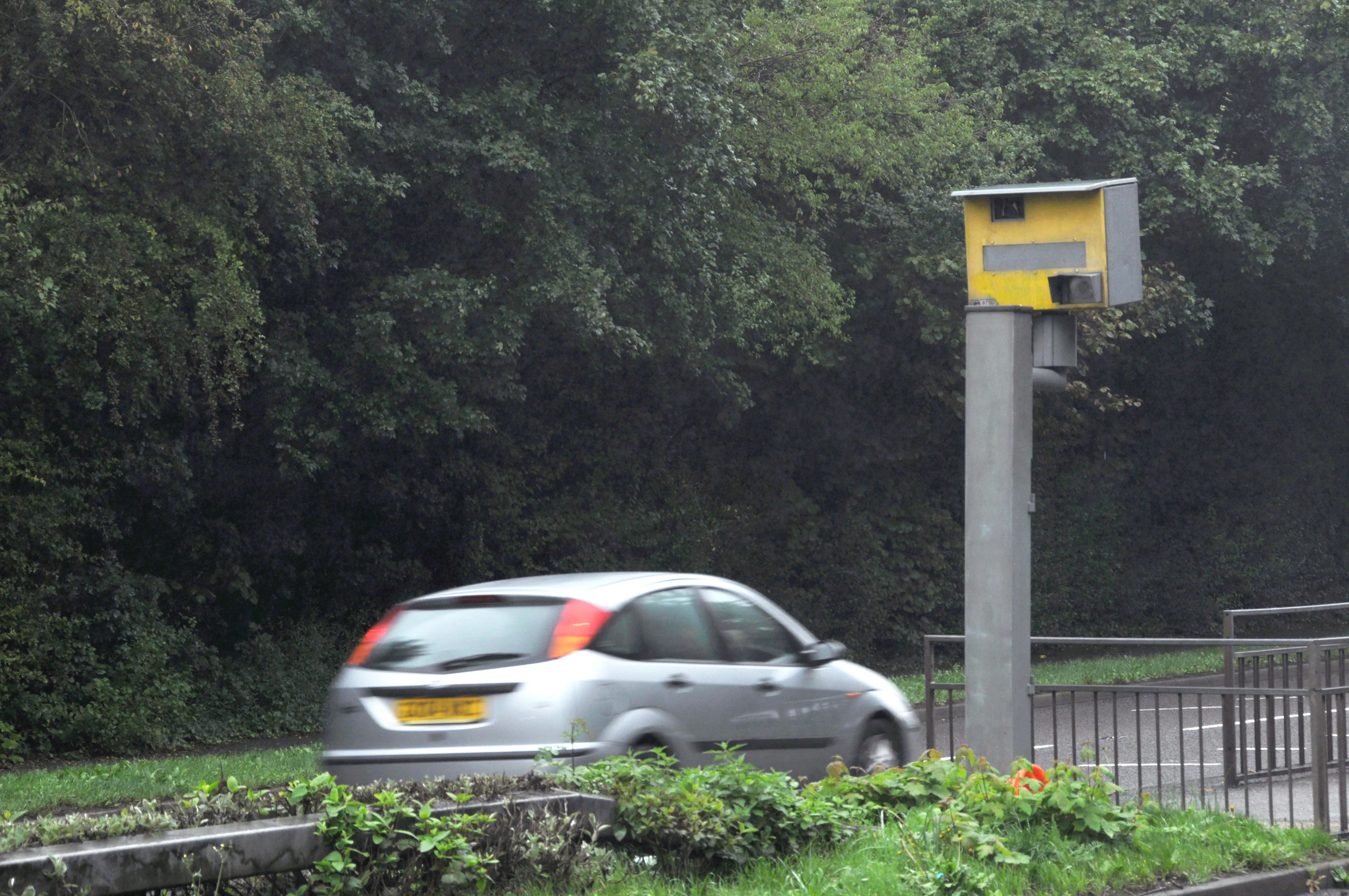The recent news that the road casualty rate in the Netherlands has seen an increase should ring alarm bells in many areas. It is worth bearing in mind that the Netherlands has some of the safest roads in the world. But the latest research carried out by Dutch insurance umbrella body Verbond van Verzekeraars shows that the road fatality rate grew from 570 in 2014 to 621 in 2015, while the number of road crashes increased by 6.5% to 841,000 in 2015.
Nor is this trend limited to the Netherlands: the problem
January 27, 2017
Read time: 3 mins

The recent news that the road casualty rate in the Netherlands has seen an increase should ring alarm bells in many areas. It is worth bearing in mind that the Netherlands has some of the safest roads in the world. But the latest research carried out by Dutch insurance umbrella body Verbond van Verzekeraars shows that the road fatality rate grew from 570 in 2014 to 621 in 2015, while the number of road crashes increased by 6.5% to 841,000 in 2015.
Nor is this trend limited to the Netherlands: the problem appears to be growing worldwide. In the US for example, the latest road crash figures are now showing a disturbing increase in serious incidents.
The specific cause of these worrying increases in road casualties has yet to be determined, but preliminary research suggests the culprit: driver distraction.
The use of smartphones has become endemic and many people, myself included, rely on these for their daily lives. However, too many drivers show a complete refusal to admit the facts. They believe that they are able to carry out a phone conversation while driving. Worse still, many believe that they have evolved beyond the scope of the average individual and now possess superhuman powers that enable them to drive safely while using the internet, sending emails or texts, or watching TV programmes.
The human brain has its limits on capacity. Anyone who believes they can drive safely while using a phone is wrong. There is plenty of research showing this to be a fact, and also that the so-called safe hands-free kits are anything but. Anyone who believes they can send emails or texts while at the wheel of a motor vehicle is not simply wrong, but criminally negligent.
Disturbing footage has been released of a horrible crash in the UK when a truck driver, busy selecting music on his phone, piled into the rear of stationary traffic. The driver received a 10-year prison sentence for his appalling neglect of responsibility while at the wheel of a heavy vehicle. Sadly, that prison sentence will not return to life the three children and the mother he killed who were occupants of the car he rammed his truck into. While he has time to reflect on his mistake, that can be of little comfort to the family of the victims.
Proper enforcement and sentencing of cellphone use at the wheel has yet to be introduced. But there is growing pressure for this, and also for hands-free phone technology to be banned. Meanwhile there are also calls by safety bodies for the use of technology, which cellphone firms have already developed, to block drivers from using their devices at the wheel.
Nor is this trend limited to the Netherlands: the problem appears to be growing worldwide. In the US for example, the latest road crash figures are now showing a disturbing increase in serious incidents.
The specific cause of these worrying increases in road casualties has yet to be determined, but preliminary research suggests the culprit: driver distraction.
The use of smartphones has become endemic and many people, myself included, rely on these for their daily lives. However, too many drivers show a complete refusal to admit the facts. They believe that they are able to carry out a phone conversation while driving. Worse still, many believe that they have evolved beyond the scope of the average individual and now possess superhuman powers that enable them to drive safely while using the internet, sending emails or texts, or watching TV programmes.
The human brain has its limits on capacity. Anyone who believes they can drive safely while using a phone is wrong. There is plenty of research showing this to be a fact, and also that the so-called safe hands-free kits are anything but. Anyone who believes they can send emails or texts while at the wheel of a motor vehicle is not simply wrong, but criminally negligent.
Disturbing footage has been released of a horrible crash in the UK when a truck driver, busy selecting music on his phone, piled into the rear of stationary traffic. The driver received a 10-year prison sentence for his appalling neglect of responsibility while at the wheel of a heavy vehicle. Sadly, that prison sentence will not return to life the three children and the mother he killed who were occupants of the car he rammed his truck into. While he has time to reflect on his mistake, that can be of little comfort to the family of the victims.
Proper enforcement and sentencing of cellphone use at the wheel has yet to be introduced. But there is growing pressure for this, and also for hands-free phone technology to be banned. Meanwhile there are also calls by safety bodies for the use of technology, which cellphone firms have already developed, to block drivers from using their devices at the wheel.








